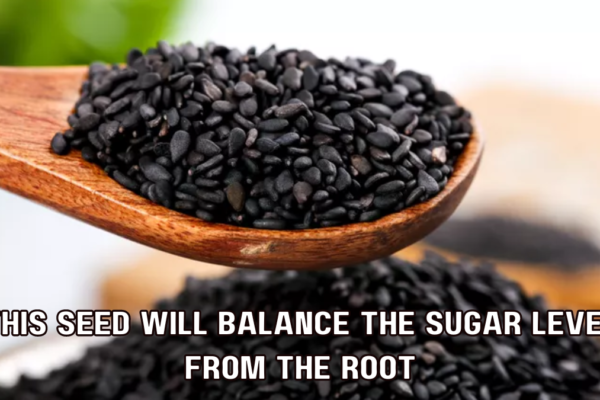Introduction:
Cancer is a complex and challenging disease that affects millions of lives worldwide. While modern medicine has made significant strides in cancer treatment, many individuals seek alternative or complementary therapies, including natural remedies, to manage the disease. In this blog post, we’ll explore some of the natural remedies often touted for their potential benefits in cancer treatment and prevention. However, it’s crucial to approach these remedies with caution, understanding their limitations and potential risks
Dietary Changes:
Plant-Based Diet:

Numerous studies suggest that a diet rich in fruits, vegetables, whole grains, and legumes may lower the risk of certain cancers and improve overall health. These foods are packed with vitamins, minerals, antioxidants, and phytochemicals that may help protect against cancer development.
Omega-3 Fatty Acids:

Found in fatty fish like salmon, flaxseeds, and walnuts, omega-3 fatty acids possess anti-inflammatory properties and may play a role in reducing the risk of certain cancers.
Turmeric:

Curcumin, the active compound in turmeric, has been studied for its potential anti-cancer properties. It exhibits antioxidant and anti-inflammatory effects, but more research is needed to determine its efficacy in cancer treatment.
Herbal Remedies:
Green Tea:

Rich in antioxidants called polyphenols, green tea has been associated with a reduced risk of various cancers. Epigallocatechin gallate (EGCG), a catechin found in green tea, has been studied for its potential anti-cancer effects.
Mushrooms:

Certain mushrooms, such as reishi, shiitake, and maitake, contain compounds like beta-glucans and polysaccharides that have demonstrated anti-cancer properties in preclinical studies. However, human studies are limited.
Essiac Tea:

A blend of herbs including burdock root, sheep sorrel, slippery elm, and rhubarb root, Essiac tea has been used as a traditional remedy for cancer. While some anecdotal reports suggest benefits, scientific evidence is lacking.
Supplements:
Vitamin D:

Adequate vitamin D levels have been associated with a lower risk of certain cancers. However, excessive supplementation may be harmful, so it’s essential to maintain balanced levels under medical guidance.
Antioxidants:

While antioxidants like vitamins C and E are crucial for overall health, high-dose supplementation during cancer treatment may interfere with chemotherapy or radiation therapy efficacy. It’s best to obtain antioxidants from food sources rather than supplements during cancer treatment.
Melatonin:

Some studies suggest that melatonin, a hormone that regulates sleep-wake cycles, may have anti-cancer effects. However, more research is needed to determine its role in cancer treatment.
Mind-Body Therapies:
Meditation and Yoga:

These practices can help reduce stress, anxiety, and depression, which are common among cancer patients. While they may not directly treat cancer, they can improve overall well-being and quality of life during treatment.
Acupuncture:

Some cancer patients use acupuncture to manage treatment side effects like nausea, pain, and fatigue. While research on its effectiveness is mixed, many individuals report benefits from acupuncture sessions.
Conclusion:
While natural remedies may offer some benefits in cancer treatment and prevention, it’s essential to approach them with caution. Many of these remedies lack robust scientific evidence supporting their efficacy, and some may even pose risks or interact with conventional cancer treatments. Before incorporating any natural remedy into your cancer care plan, it’s crucial to consult with your healthcare provider. They can help you make informed decisions and ensure that any complementary therapies you choose are safe and compatible with your overall treatment approach. Remember, the most effective cancer treatment strategies often involve a combination of conventional medicine, lifestyle modifications, and supportive care.












